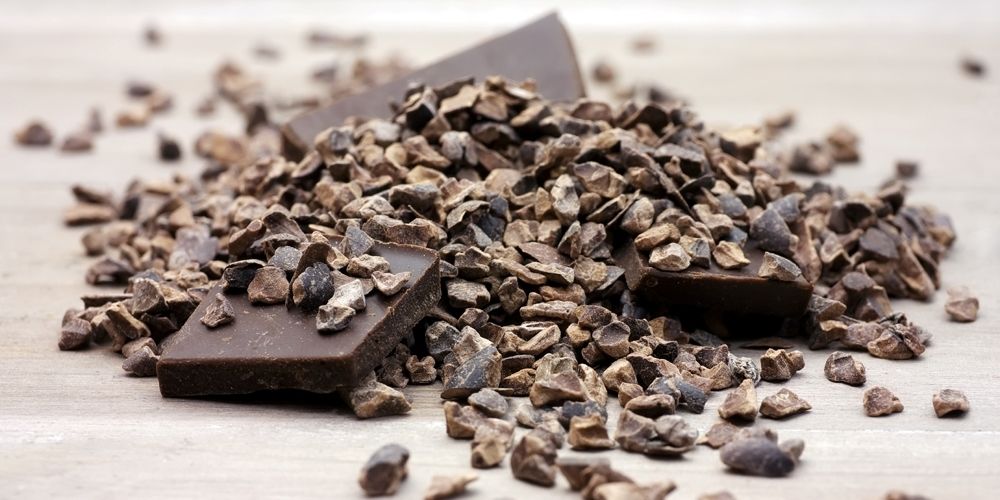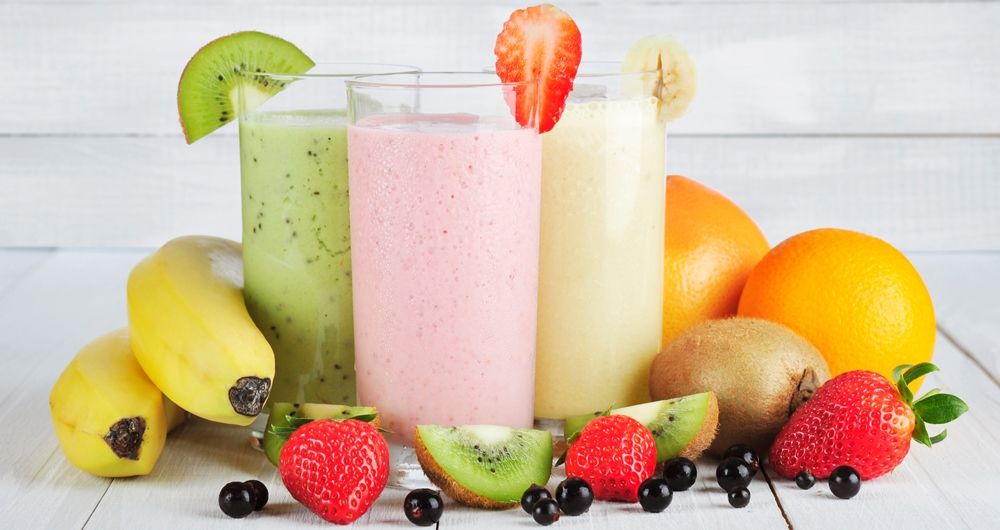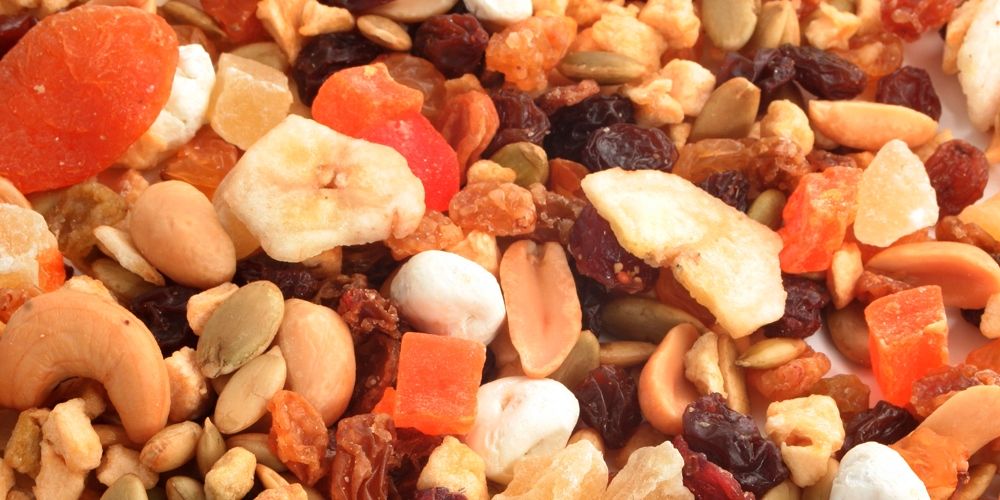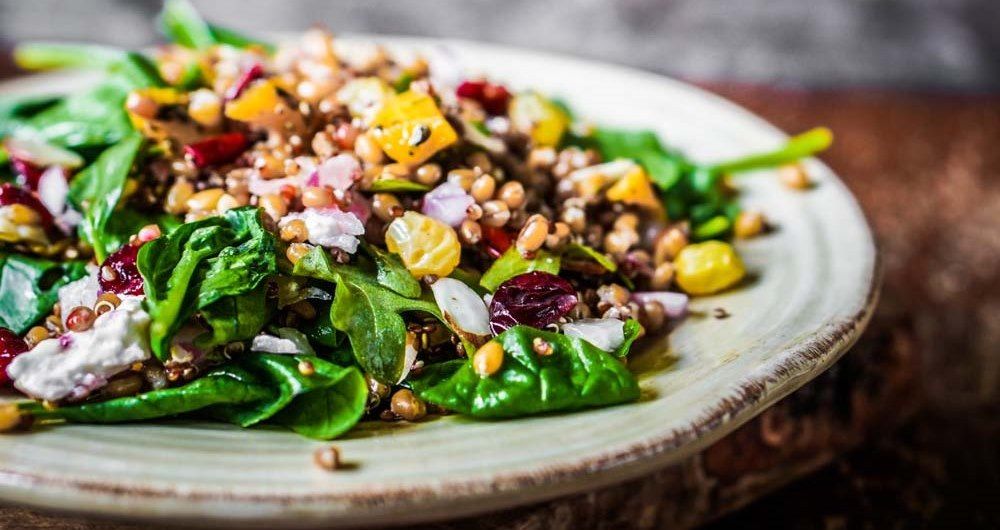We all know that sugar is unhealthy. This is not news.
But have you ever wondered if your sugar intake could be hurting your yoga practice?
According to Nancy Appleton, Ph.D, author of Lick the Sugar Habit, excess sugar consumption can cause rapid adrenaline (also known as a sugar high), lack of focus and anxiety.
Check out this short TED video below to learn more about how sugar affects our brains.
It not only affects our brains, but also our physical bodies. It can weaken tissue function and flexibility, as well as make our tendons and ligaments even more fragile. Not to mention the illnesses and diseases it can exacerbate or even help trigger, like obesity, tooth decay and diabetes.
According to the World Health Organization, we shouldn’t consume more than 25 grams (g) of sugar per day. The average American consumes about 80g/day (20 teaspoons), more than three times the suggested amount.
To give you a little reference, one glass of 2% milk contains 12g of sugar. That’s almost half of your daily intake just with your morning cereal! And that doesn’t include the cereal itself, which definitely contains more.
One ounce of chocolate can contain 14g of sugar, a can of soda typically holds 33g, and one tablespoon of honey can have a whopping 17g of sugar in it.
So what does this have to do with your yoga practice?
Well, once that adrenaline rush we get after consuming sugar turns into a sugar low, if you will, it directly impacts our level of concentration, our ability to learn new things, and our cognitive functions.
I don’t know about you, but I find meditation difficult even when I’m alert and wide-awake. Throw in fatigue and sugar-crash irritability and I’m going to struggle.
I know I’m not alone in this. When we feel sluggish, anxious or distracted, mindfulness is often the first thing out the door.
Our motivation to continue our practice starts to slip. And then, even when we do find the inspiration to make it to our mats, we often don’t have enough energy to be fully present during our practice.
In short, sugar makes us feel groggy, sabotages our meditation practice and tightens and weakens our bodies. These two truths are reason enough to be wary of our sugar intake.
So what do we do? You might think the obvious answer is to eliminate all sugary foods. However, as author and psychologist David DiSalvo points out, our brains do need a little bit of sugar to function properly so we don’t want to cut it out altogether.
A lot of food naturally contains sugar: fruit, bread, dairy, etc.. So ideally we’d cut out all added sugars, like soda, wine, candy and junk food.
This is, of course, easier said than done. My technique is substituting foods I love with healthier, less sugary versions. Here are five delicious and sweet foods that won’t destroy our energy levels, brain function or flexibility.
Raw Cacao
Cacao is the tree on which cacao/cocoa beans grow. These beans are what we use to make chocolate. But cacao left raw, before all the processing, has some amazing health benefits that typical store-bought chocolate simply doesn’t have.

Raw cacao is high in essential minerals like magnesium, zinc, iron and potassium. It contains antioxidants and vitamins B1, B2, B3, B9, to name just a few. And cacao is a great source of heart-healthy fat, fiber and protein.
Cacao nibs are a little more bitter than regular chocolate, but they’ll still satisfy your craving when you find yourself craving sugar.
You can buy cacao nibs whole and eat them like chocolate chips. Or, you can grind them up in a blender and add them to granola, yogurt or smoothies.
Fruit and Veggie Smoothies
Fruit does technically contain sugar, but it’s a different kind of sugar from the fake stuff used in sodas, candy and any other junk food.

Try to pick one or two low-sugar fruits, like blueberries or avocado, then throw in a few fresh vegetables, nut milk (opt for the unsweetened version) and maybe some nut butter, cacao, chia or any superfood you love.
Smoothies are perfect for those busy days when you don’t have a lot of time to put together a big meal. And it’s a great way to get extra protein, fiber and essential nutrients into your diet.
One of the best things about smoothies is you can add greens like kale and spinach without altering the flavor too much. So you can satisfy that craving and get an extra serving of vegetables.
However, resist the urge to add fruit juice to your smoothies. Fruit juices are jam-packed with sugar and devoid of fiber. Stick to nut milks for a creamier smoothie. Or add water if you want the same consistency that juice would give you.
Check out this recipe for a delicious fruit and veggie smoothie from Oh She Glows.
Nuts and Seeds
Nuts and seeds are a great option for a sugar substitute. While they typically aren’t very sweet, they’re very satisfying and contain tons of great nutrients, like omega-3 fatty acids, magnesium and fiber.

They’re convenient, healthy and great for snacks. You can add them to your morning yogurt or enjoy them as nut butter. Just make sure to check the ingredients list if you go for the nut butter. Find a brand that keeps it simple and doesn’t add any extra sugar (like this one).
Raw and Roasted Vegetables
If you like to have a little bit of sweetness with your meals, choose sides like roasted sweet potatoes, beets, squash or roasted carrots.

Much healthier than that slice of ciabatta on the side, roasted vegetables taste sweet and healthy. If you prefer raw vegetables, find a sugar-free dip like hummus or salsa to eat them with.
Citrus Water
If you love soda or juice, this one’s for you. Use a slice of lime, lemon, orange or grapefruit to make that plain glass of water a little more interesting.

We’re so used to adding sweeteners to our drinks, adding some citrus is a great way to substitute sugar and still get the sweetness we crave.
Citrus water is super hydrating due to its naturally occurring electrolytes, which make it perfect for all us yogis. Lemon water in particular can boost energy levels, rejuvenate the skin and promote healthy digestion.
Try drinking citrus water first thing in the morning to replenish your body after a long night’s rest to give yourself a natural energy boost.
Avoiding sugar doesn’t have to painful. Experiment with different foods to find out which ones you enjoy the most. Your body, mind and yoga practice will thank you!
Responses